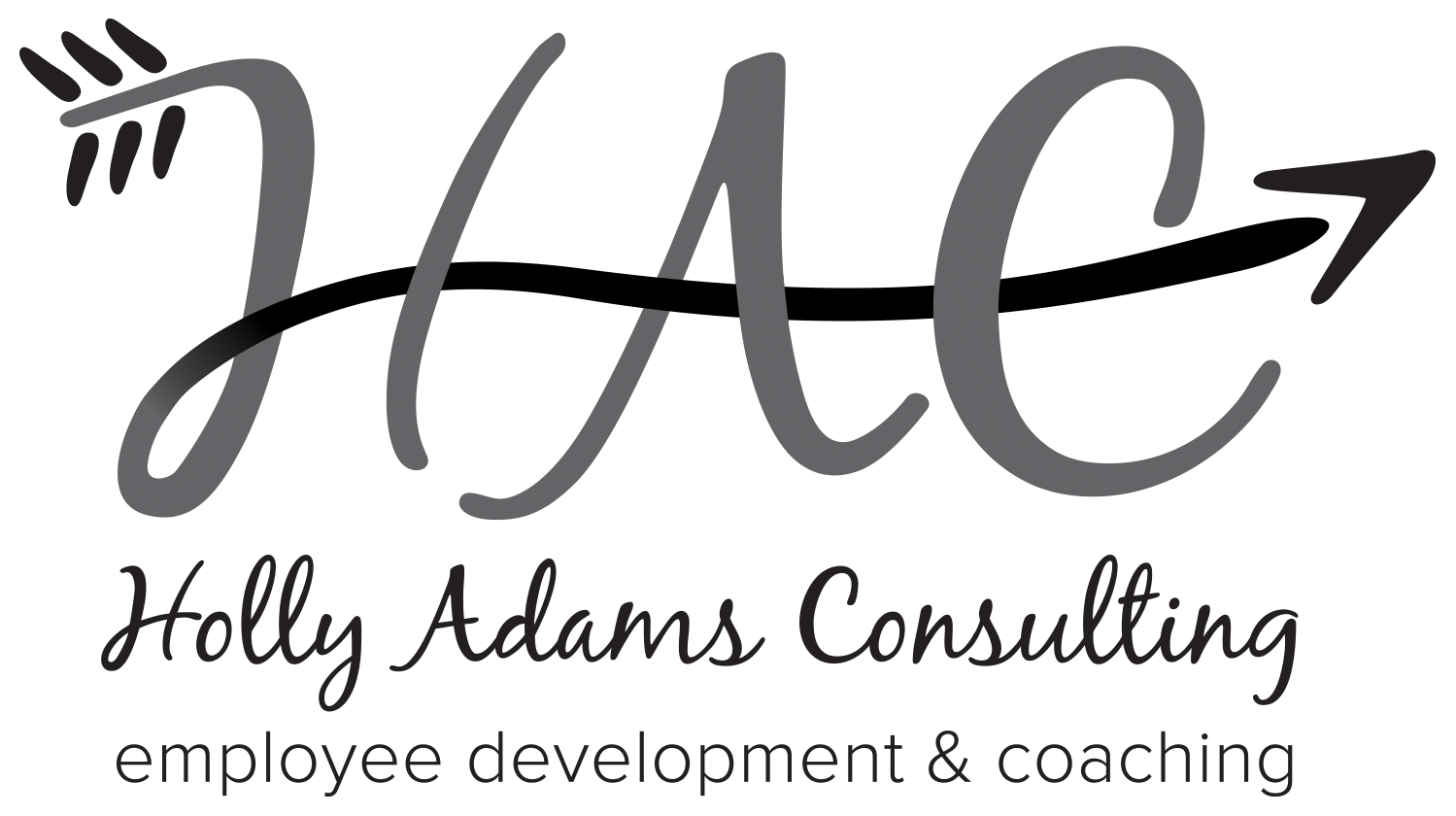Feedback from a colleague can be a powerful source of information. Often, they have a better perspective of our performance than our manager.
Termination meetings are likely one of the most stressful parts of the job for anyone in a leadership role, yet it was a termination meeting that provided an eye-opening example about the power of colleague feedback. If you’ve been lucky enough to work for an organization that hasn’t had many termination meetings, they usually contain the same elements, but the way that organizations execute the process is very different. The employees of that organization typically become hyper aware of the commonalities of the meetings: the conference room that’s typically used to conduct the meeting, the participants in the termination meeting, the day of the week and time of day the meeting usually happens, to name a few.
At one particular organization, the president participated in all termination meetings, regardless of the employee’s position. While the high level of integrity of this individual is a topic for another day, I’ll share that his method of communicating the termination notice was atypical. The ‘norm’ for termination meetings is for the manager to say as little as possible. But that’s not how he communicated. He didn’t just say, “Thank you for your service and today is your last day.” The conversation was thorough, genuine, and took as long as needed. He displayed the utmost respect for the individual. He viewed termination as the last option and personally saw to it that the employee had been given ample feedback and opportunity to adjust behavior prior to that point.
The president and I conducted a quick debrief after my first termination meeting at this organization to connect on next steps. Off-handedly, I mentioned that I thought he did an excellent job of communicating the necessary information in a very respectful manner. I witnessed it myself, and I received validation directly from the employee that, while disappointed in the outcome, the employee felt respected during the entire process. (I can assure you, this isn’t a common feeling during termination meetings). I wasn’t sure how he took the feedback initially because his facial expression noticeably changed as he processed what I said. His next words were even more insightful. He thanked me and said that of all the termination meetings he’d been a part of, no one had ever given him any feedback before – positive or negative. I was shocked. The president of the company was thanking me for feedback.
Not a single minute of prep work had gone into this feedback. But as I thought back to the conversation, I realized he was truly starved for any kind of information about performance in that area. That one comment paved the way for additional conversations about performance and likely changed the dynamics of our relationship in a very positive way.
This experience got me thinking about the importance of feedback and how little we receive in our jobs, through no one’s fault I might add. I think there is a general assumption that no news is good news, meaning that someone will tell me if I’m doing something wrong, which may or may not actually be the case. And there are mixed thoughts these days on annual performance reviews. More and more organizations are eliminating them altogether. But the bottom line is that to adjust performance, we really need feedback more often. Given the number of direct reports many managers have these days, it’s likely that our colleagues know the most about what we do and how we do it, but they are an untapped source of information for us if we are willing to solicit their input.
It’s unrealistic to expect an annual review alone to change behavior. We can’t expect feedback only once a year, from one source, as part of a formal process dictated to us to have a lot of value. It’s possible that one genuine comment, completely unsolicited from a trusted colleague, can have more impact than a 3-page pre-formatted document. I invite you to give it a try!
Need some help? Start simple. Share a one-liner with a colleague and see what happens. Need an example? Try this: Sam, each time I enter the building, I am greeted by your friendly smile. I appreciate this and I know our customers do as well. Thank you for providing such a positive first impression.
Please let me know how it goes!
#employeedevelopment #improvingcommunicationskills #leadershipdevelopment #itsthelittlethingsthatmatter #colleagueappreciation #feedback
https://www.linkedin.com/in/holly-adams-54b1b914/
https://www.facebook.com/HollyAdamsConsulting/
Holly Adams Consulting LLC
PO Box 11394, Cedar Rapids IA 52410 | (319)250-3075



